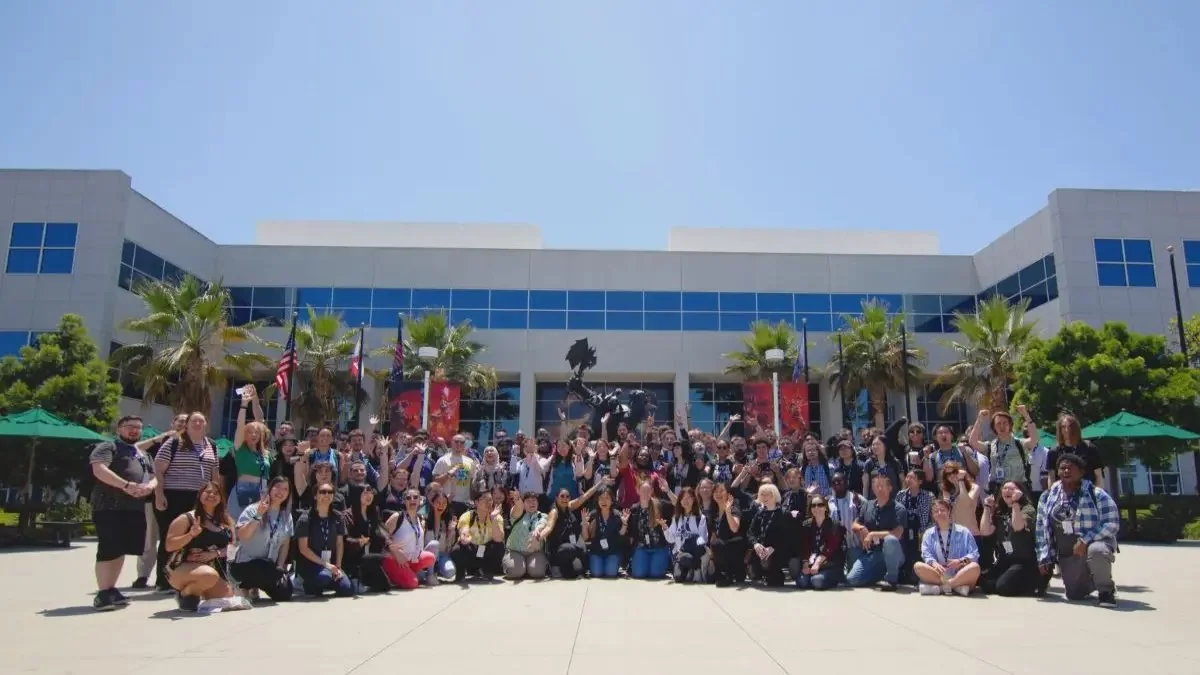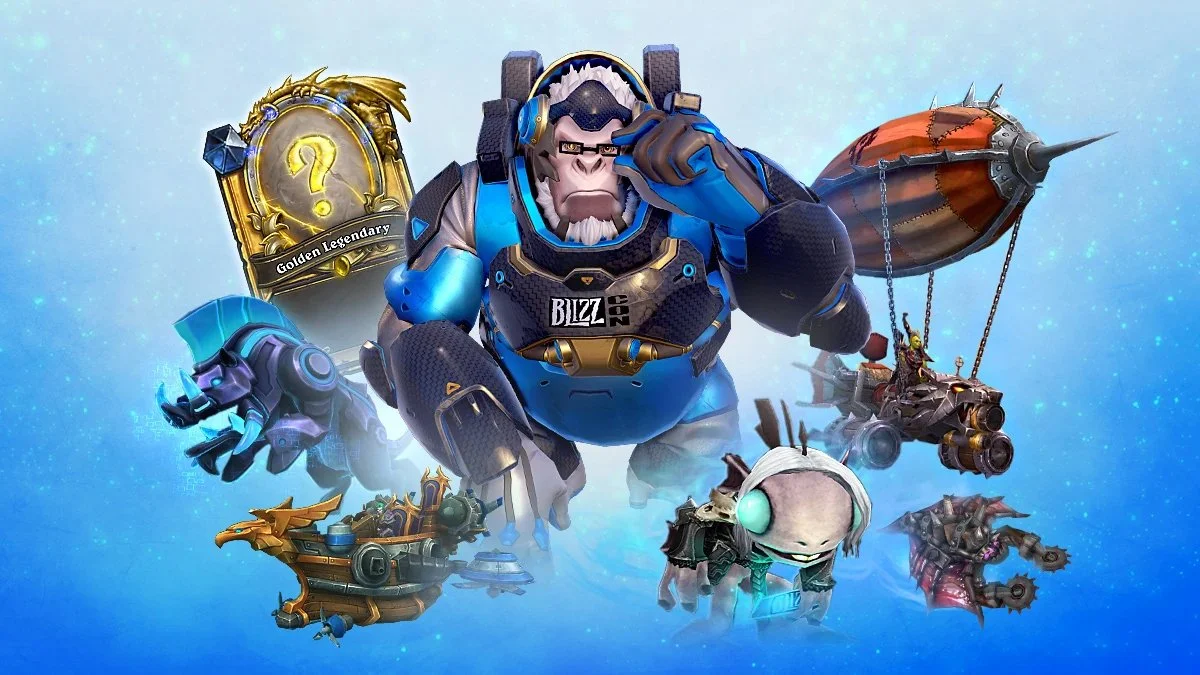Overwatch at Blizzard Entertainment
Title: Community Manager (Part-Time)
Location: Irvine, California (Remote)
Focus Areas: Player Relations · Community Strategy · Developer Feedback Loop · Crisis Communication · Early-Stage IP Launch
The Context: Launching a Universe
In 2015, Blizzard Entertainment was preparing to launch a new kind of game. Not a sequel. Not an expansion. Not another title in a beloved franchise. Overwatch was different—a completely new intellectual property. A vibrant, character-driven team shooter that blended fast-paced gameplay with Pixar-quality storytelling and a bold, inclusive vision of the future.
For Blizzard, a studio known for deeply established universes like Warcraft, Diablo, and StarCraft, this wasn’t just a game launch—it was a shift in identity. And for the players, it was an invitation into something new. Something unexplored. Something with the potential to be personal.
But building a new world also means building a new community—from the ground up. Not just gathering followers. Building belonging. And that’s where I came in.
The Challenge
Launching a new IP in a saturated, hyper-critical gaming market is never easy. And in a live service environment, the real test comes after release:
How do you sustain momentum when the launch hype fades?
How do you foster genuine dialogue between players and developers—without the message getting lost in noise?
How do you translate raw, often emotional feedback into something that internal teams can actually act on?
And how do you keep communication honest, even when things get messy?
My Role
As a Community Manager for Overwatch, I served as the connective tissue between two worlds: the global player base and the developers building the experience. My job was to create clarity, empathy, and action—wherever there was friction.
This wasn’t just a job about moderating forums or reposting patch notes. It was about strategic listening, real-time support, and creating a bi-directional feedback system that gave players a voice—and gave the dev team visibility into what mattered most.
Mach es besonders
Was auch immer es ist – die Art und Weise, wie du deine Geschichte online vermittelst, kann einen gewaltigen Unterschied ausmachen.
My Core Responsibilities
1. Real-Time Player Insight
I worked directly with the Overwatch player base through live support channels—chat, phone, and platform-based tools. This constant stream of unfiltered interaction became my daily compass:
What’s frustrating players right now?
What are they celebrating?
What’s missing that they can’t always articulate?
By talking to players one-on-one, I gathered high-fidelity feedback that went far deeper than forums or social trends. I documented common themes, edge cases, and recurring technical or design pain points, and then structured these insights for cross-team use.
2. Structured Developer Feedback Loops
Player sentiment is powerful—but only if it’s organized. One of my key contributions was building a clear and consistent pipeline of community feedback to the development team:
I transformed raw feedback into thematic insight reports, broken down by urgency, impact, and scope.
I flagged critical issues early, based on firsthand escalation trends.
I helped translate emotion into information—turning “this sucks” into something dev teams could actually work with.
Over time, these processes reduced friction between community perception and internal action.
3. Crisis & Conflict Navigation
Community management isn’t all celebration and memes—it’s also frontline crisis handling. From balancing controversy to unexpected bugs, my job was to communicate calmly under pressure while protecting player trust and the Blizzard brand.
I assisted fellow support agents in managing difficult player interactions, offering both tactical language and emotional intelligence to de-escalate heated conversations.
When major system issues or contentious updates rolled out, I helped craft communication that was transparent, empathetic, and on-message.
4. Internal Advocacy & Team Support
Inside the team, I wasn’t just a messenger—I became an advocate for the player perspective. Whether it was helping QA identify high-friction bugs or advising on upcoming content reveals, I consistently pushed for a player-first lens.
I also acted as a resource for newer team members, offering coaching on tone, escalation management, and how to "read between the lines" of player sentiment.
Mach es besonders
Was auch immer es ist – die Art und Weise, wie du deine Geschichte online vermittelst, kann einen gewaltigen Unterschied ausmachen.
Highlights & Results
Established Blizzard’s early Overwatch community voice
My communication style helped shape how Overwatch “spoke” to its players during a crucial growth window. The tone was empathetic but not over-polished. Honest without being corporate. Human, always.
Increased feedback clarity for development teams
Thanks to structured analysis and direct insights from player interactions, developers were able to prioritize updates faster and respond more precisely to what the community truly cared about.
Prevented dozens of issues from escalating
By catching patterns early and advising on preemptive communication, I helped the team avoid potential PR pitfalls and reduce negative sentiment spikes.
Reinforced player loyalty through meaningful engagement
Players noticed when their concerns were acknowledged—and acted upon. I made sure the feedback loop was closed, not left open-ended. That built trust.
What I Learned
This experience fundamentally shaped how I think about communication, strategy, and storytelling—especially in fast-paced, emotionally charged environments:
Community is not a KPI. It’s a relationship. You earn it. You fight for it.
Feedback is not a burden. It’s a roadmap—if you know how to read it.
Messaging isn't marketing. It’s trust, delivered one sentence at a time.
Empathy scales. But only if it starts with structure.
Would I do it again?
In a heartbeat. The stakes were high, the expectations higher—but the lessons were priceless. This wasn’t just about a game. It was about what happens when you truly listen—and do something about it.




